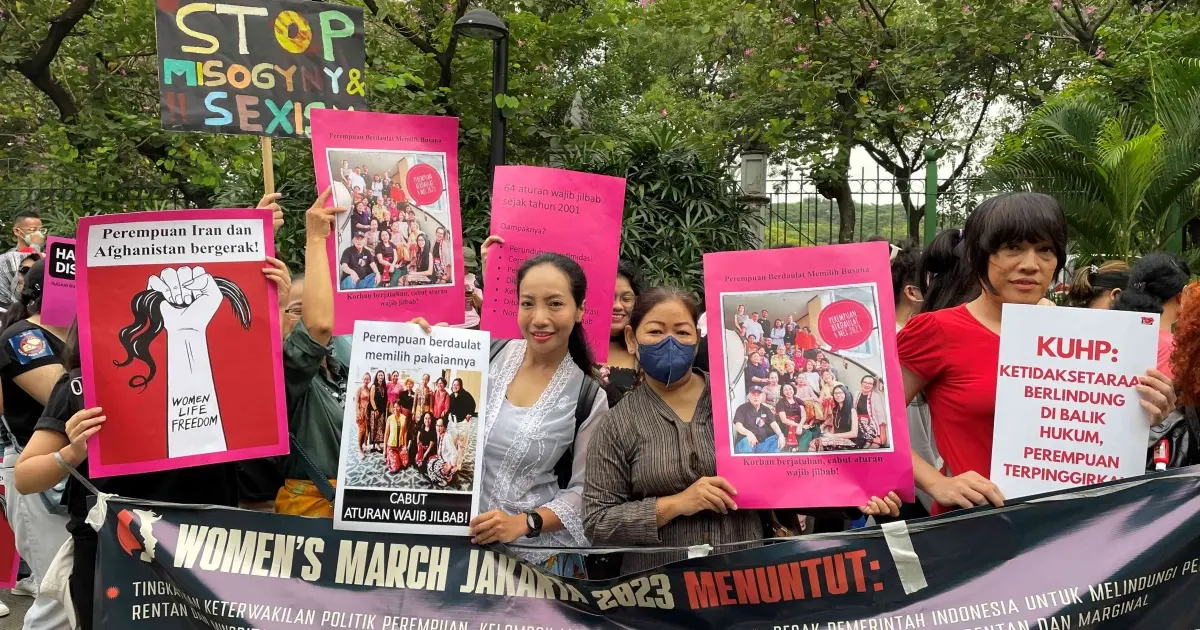Minority Rights: Protecting Politics Diverse Communities in Indonesia—Why It Matters in Everyday Life
JAKARTA, turkeconom.com – Minority Rights: Protecting Politics Diverse Communities in Indonesia is a topic that used to make me shrug. I mean, I’m just one person, right? But over time, I realized, it affects all of us—and ignoring it is just not the move.
Minority rights ensure that every individual—regardless of ethnicity, religion, language, gender identity, disability, or other status—enjoys equal protection under the law, fair political representation, and freedom from discrimination. In Indonesia, a nation of over 1,300 ethnic groups and six official religions, upholding minority rights is not only a constitutional mandate but also a daily necessity for social harmony and sustainable development. This guide explores how minority rights are embedded in Indonesia’s political system, why they matter in everyday life, and what each of us can do to strengthen them.
1. The Legal and Political Framework for Minority Rights in Indonesia

Indonesia’s commitment to minority rights is anchored in both international conventions and domestic laws.
1.1 International Instruments
- International Covenant on Civil and Political Rights (ICCPR), ratified in 2006
- Convention on the Elimination of All Forms of Racial Discrimination (CERD)
1.2 Domestic Foundations
- 1945 Constitution (UUD 1945):
• Article 28E guarantees freedom of expression, assembly, and religion
• Article 28I protects human dignity and equality before the law - Law No. 39/1999 on Human Rights
- Regional autonomy laws (e.g., Special Autonomy in Papua and Aceh)
2. Diverse Communities in Indonesia
Indonesia’s rich mosaic includes:
- Ethnic minority: Papuans, Dayaks, Madurese, Chinese Indonesians, and many more
- Religious minority: Protestant Christians, Catholics, Hindus, Buddhists, Confucians, and indigenous faiths
- Linguistic minority: Hundreds of local languages, from Javanese and Sundanese to Asmat and Sasak dialects
- Gender and Sexual minority: LGBTQ+ individuals seeking legal recognition and protection
- Persons with Disabilities: Advocating for accessibility in education, employment, and public spaces
3. Political Participation and Representation
Meaningful minority rights go beyond non-discrimination—they demand active participation in political life.
- Quotas and Reserved Seats: Some regional parliaments reserve seats for women and indigenous representatives.
- Village Consultative Bodies (BPD): Local councils where minority voices can influence village budgets and development plans.
- Special Autonomy Regions: Papua and Aceh have tailored governance structures to acknowledge indigenous adat (customary law) and local leadership.
- Civil Society and NGOs: Organizations like the National Commission on Human Rights (Komnas HAM) and the Indonesian Legal Aid Foundation (YLBHI) lobby for legal reforms and monitor local elections.
4. Why Minority Rights Matter in Everyday Life
- Social Cohesion
- Respecting diversity reduces inter-communal tensions and fosters national unity under “Bhinneka Tunggal Ika” (Unity in Diversity).
- Economic Inclusion
- Equal access to credit, land rights, and employment opportunities strengthens local economies and reduces poverty.
- Quality Public Services
- Multilingual education, disability-friendly infrastructure, and religious accommodations (e.g., Halal labeling, prayer facilities) ensure no one is left behind.
- Personal Dignity and Safety
- Anti-hate-speech laws and community policing prevent verbal abuse, discrimination, and violence against minority.
5. Challenges and Ongoing Struggles
- Rising Intolerance: Hate speech and discriminatory local regulations (Perda) continue to marginalize minority groups.
- Legal Enforcement Gaps: Delays in implementing the Disability Act or ratifying the Sexual Orientation and Gender Identity protections.
- Limited Awareness: Many Indonesians are unaware of their own rights or those of their neighbors from different backgrounds.
- Economic Disparities: Remote or indigenous communities often lack infrastructure and investment.
6. How You Can Support Minority Rights
- Educate Yourself and Others
- Read the UUD 1945 human rights articles and share summaries on social media.
- Promote Inclusive Politics
- Vote for candidates who champion anti-discrimination laws and proportional representation.
- Volunteer and Donate
- Support NGOs providing legal aid, language-access programs, or disability services.
- Foster Interfaith and Intercultural Dialogue
- Organize or join community events, cultural exchanges, and workshops that celebrate diversity.
- Report Violations
- Use official channels (e.g., Komnas HAM hotline or local human rights desks) to document and follow up on discrimination cases.
Conclusion
Minority rights are the bedrock of a just, inclusive, and peaceful Indonesia. By understanding the legal frameworks, recognizing the diverse communities that make up our nation, and taking concrete actions—whether through voting, volunteering, or daily acts of solidarity—we all contribute to a society where every citizen’s dignity is upheld. Upholding minority rights isn’t just a political slogan; it’s a commitment that shapes how we live and work together, reinforcing the very fabric of Indonesia’s unity in diversity.
Sharpen Your Skills: Delve into Our Expertise on Politic
Check Out Our Latest Piece on Digital Campaigning: How Social Media Shapes Elections in Indonesia!











